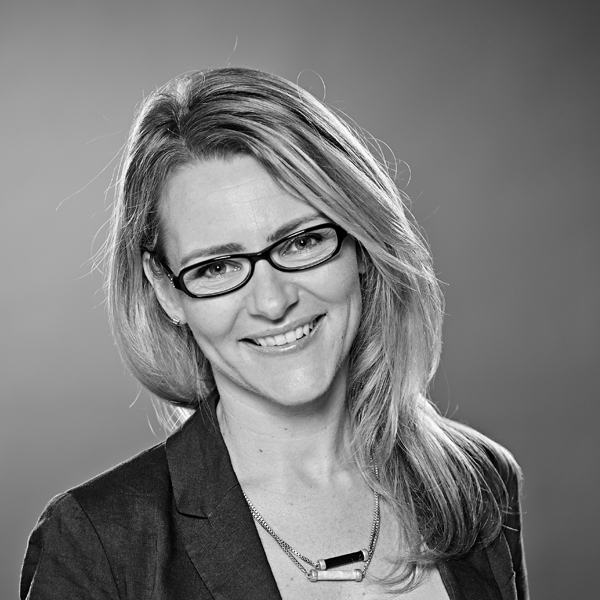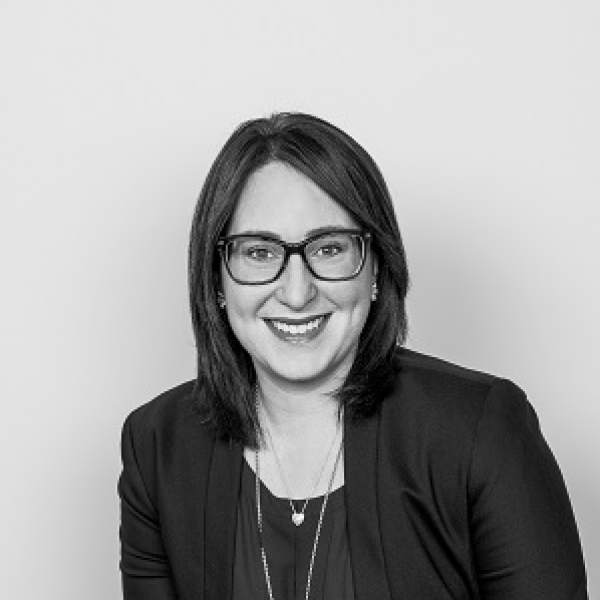
ASKING FOR A FRIEND
I haven’t had a good idea in months. I’m worried people don’t think I’m contributing. How do I get my groove back?
ASKING FOR A FRIEND - QUESTION
Haven't had a good idea in months and worried people think you're not contributing? Psychologist Amanda Mechanic and TBWA CEO Kimberlee Wells tackle this common creative struggle with practical advice on challenging negative self-talk, creating the right environment for ideas, and using vulnerability as a strength. Discover why creative droughts happen, how remote work affects our thinking, and why sometimes the ideas that trouble you most are complete non-issues to everyone else. Essential viewing for any creative feeling stuck and ready to rediscover their groove.
Breaking Through Creative Drought: Getting Your Groove Back
Months without a good idea can feel like creative death by a thousand cuts. When you're working remotely and worried that colleagues think you're not pulling your weight, that creative block becomes even more suffocating. The question isn't just about finding ideas again – it's about rediscovering your creative confidence when everything feels flat.
This question was answered by Amanda Mechanic – Manager for Caraniche at Work and registered psychologist with over a decade of experience helping businesses improve employee wellbeing – and Kimberlee Wells – CEO of TBWA and one of the most powerful women in Australian media. Andy Wright hosted this discussion as part of Never Not Creative's commitment to healthier creative workplaces.
Create the Right Environment for Ideas
Amanda emphasises that creativity flourishes in the right conditions: "It's about putting making the environment conducive to where you do your best thinking and where you do your best work."
Working remotely has changed how we generate ideas, and Amanda notes that "in isolation we become very insular and it's hard to see the bigger picture." The solution involves "putting yourself first understanding yourself understanding your motivators and your drivers and putting all those pieces together so that the puzzle makes sense for you."
Challenge Your Inner Critic
When you haven't had a good idea in months, your brain loves to tell you stories about your worth. Amanda addresses this head-on: "There's a lot in the psychology space about that in terms of challenging those unhelpful thoughts and unhelpful thinking and I think the first thing to do is to recognize when it's happening."
She warns against operating on autopilot: "We're in a world right now where everything is autopilot... I think what I learned from that is to challenge you know where we're at to stop and to think and to recognize when is that happening for you."
The key is to "identify those moments where you're calling yourself out and question whether that's the right call to make and check in with peers and check in with your team leader."
Ask for Positive Feedback
Amanda suggests taking control of the feedback loop: "I would invite individuals to start you know taking it upon themselves to question themselves to allow themselves to give positive feedback to themselves or to at least ask for positive feedback."
She notes that "when you give when you give when you start positive feedback it's generally reciprocated like it is a it's a ying and a yang right like you you know just take someone to start it."
The Power of Vulnerability in Teams
Kimberlee shares how TBWA uses "after action reports" where team members reflect on two questions: "If we were to repeat this meeting right now what would you do differently" and "what's the one thing you were really really happy with."
She emphasises the importance of group dynamics: "It's really important to do it in that group dynamic because it means that some of the things that perhaps have been really troubling you about your performance in that moment is like a it's a non-thing like no one else has recognized it."
The magic happens when people are vulnerable: "When you share the way that you're feeling and the way that you're thinking if you have the right culture and the right team around you they will lift you up every single time and i think you know that's that's the power of vulnerability."
Connect Through NNC Circles
If you're struggling with creative confidence and feeling isolated in your work, consider joining Never Not Creative Circles. These peer support groups connect creatives facing similar challenges in safe, confidential spaces. Meeting monthly with 8-10 other creatives, you'll share experiences and learn practical skills to navigate tough times. The supportive community understands exactly what it's like when the ideas just won't come.
When to Seek Professional Help
If your creative drought is severely impacting your mental health, sleep, or daily functioning, it might be time to seek professional support. Persistent feelings of inadequacy or anxiety about your creative abilities shouldn't be something you face alone. Check out Never Not Creative's comprehensive help resources for crisis support services and mental health professionals in your area.
Creative droughts happen to everyone, even the most successful creatives you admire. The key isn't forcing ideas to come, but creating the right conditions for them to return naturally. Remember, your worth isn't measured by your last great idea – it's built on your entire creative journey, including the quiet periods that often precede your biggest breakthroughs
our guests
Industry Leader

Kimberlee Wells
TBWA
Mental Health Expert

Amanda Mechanic
Host

